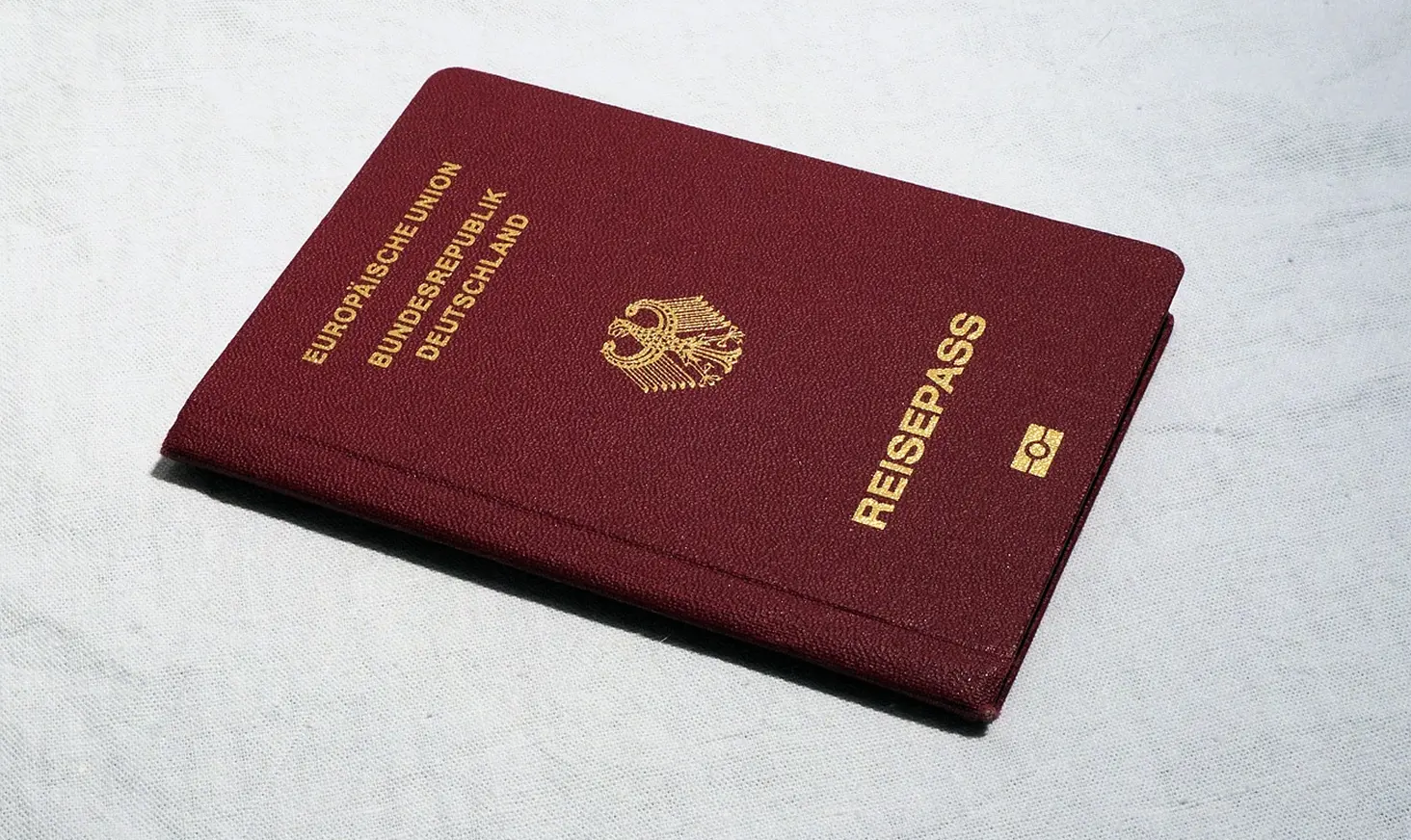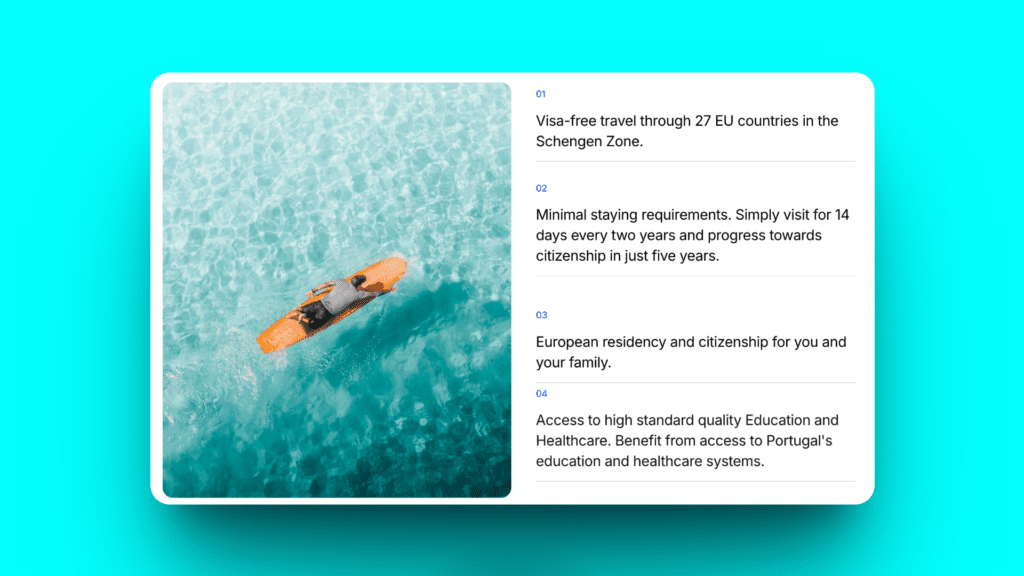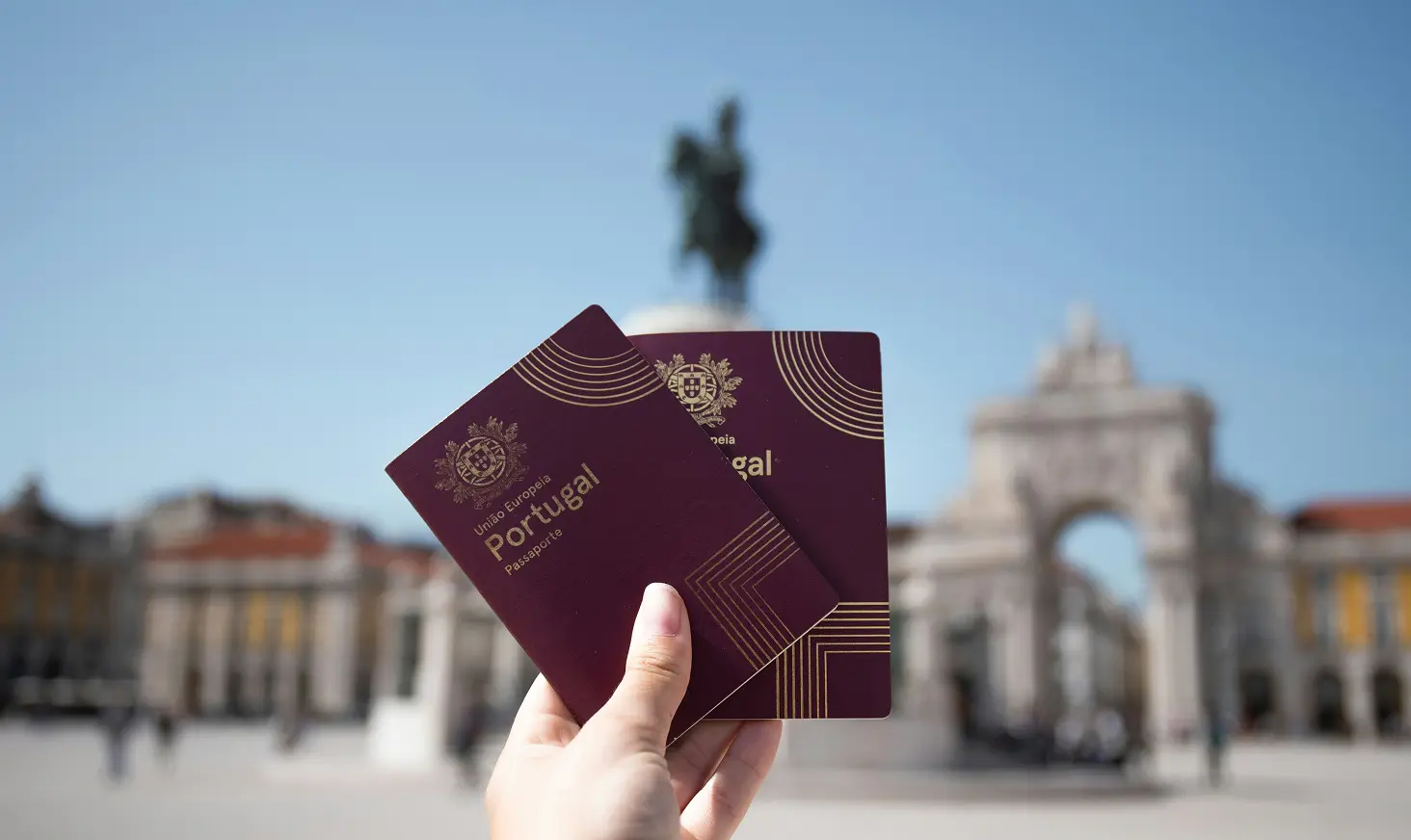Second Passport Benefits – More Travel, Security and Opportunity

If you want more financial options and the ability to travel freely, getting a second passport might be your next step. Many people around the world opt for it to improve their lives (and quite massively). In this post, we’ll go over second passport benefits, what it is, why more people are choosing one, and how you can decide if it’s right for you.
Why More People are Getting a Second Passport
It’s a mere misconception lingering from the past that getting a second passport is only a viable option for the wealthy. The demand for second passports has increased dramatically over the years, with more countries allowing dual citizenship. Entrepreneurs, Bitcoin investors, and even regular families that can afford it are now jumping on board to open up new avenues of financial growth, start a new chapter in their lives, or have a “backup plan” in case their home country goes through economic, political, or social instability.
For professionals, dual citizenship opens access to new markets, tax benefits, asset protection, and visa-free travel. Families often prioritize safety, healthcare, education, and quality of life when choosing a second passport. If another country offers better opportunities, it’s more than just a luxury. It’s a practical step toward improving nearly every aspect of life. That’s also precisely why every Bitcoiner should invest in alternative citizenship.
Key Benefits of a Second Passport
Every passport acts like a “key” that unlocks a unique set of privileges. Own two keys? You double your access. That’s the simplest way to explain the biggest advantage of a second passport. The list goes on, but here are just some of the benefits of second passport. Think of these as the “why” behind the growing trend.
1. Freedom to Travel
Not all passports are created equal. There are some that act like VIP passes, which let you breeze through borders. Others? They’re more like a never-ending checklist of visas and paperwork. If your current passport limits where you can go, a second (stronger) one becomes your shortcut to stress-free global access.
With two passports, you get to choose which one to use when entering most countries. (Quick note: Places like the U.S. require citizens to use their U.S. passports for entry, but this is rarely a hassle. Overall, your second passport will cut through the red tape of global politics, turning you into a truly borderless citizen.
2. Better Security
To be fair, no country is immune to crises. Economic crashes, political unrest, and social upheaval will always be a part of a nation. If not at the moment, then potentially in the future. A second passport acts like an insurance policy for your safety. If things go south in your home country, you’ve got a backup plan. It’s a literal ticket to stability.
3. Wealth Protection
Ever heard of “don’t put all your eggs in one basket”? A dual citizenship helps you avoid doing just that. Here are a few ways:
- Open offshore bank accounts (with better interest rates or currency options).
- Invest in foreign markets (think real estate in stable economies).
- Slash taxes legally. Countries like the UAE, Portugal, and St. Kitts & Nevis offer near-zero tax rates for citizens.
It allows you to spread your wealth globally so that you’re no longer at the mercy of one country’s economy. Besides, dual citizenship also opens up new markets for investment, and now, since you’re a citizen of a new country, it’s much easier to open a business.
4. Access to Better Healthcare and Education
Suppose you live in a country where either healthcare or education (or both) is objectively not up to your expectations. In that case, a second passport becomes a way for you and your family to get access to better hospitals and universities.
In terms of improved quality of life, the EU has often been a great example of high-quality public services that make a huge difference. Singapore and Canada are also great examples of countries that can help you improve your life and reset your family’s future.
5. Lifestyle Upgrade
Retire on a Mediterranean coast. Work remotely from a tropical island. Raise kids in a country with cleaner air and safer streets. A second passport turns these dreams into actionable options. Dual citizenship means you can split your time between two countries. Alps in winter? Bali beaches in summer? Your playground just got bigger because the possibilities are multiplied several times over.
How Nationality Affects Your Second Passport Options

Your current nationality is the #1 factor shaping your second passport options. Let’s break it down.
- The No-Go Zone: Countries that outright ban dual citizenship. Think China, India, or Saudi Arabia. If you gain a second passport here, you’ll have to surrender your original one, with no exceptions.
- The Gray Area: Countries with strict (but bendable) rules. Japan, Germany, and the Netherlands generally don’t allow dual citizenship, but the keyword is “generally”. However, there are loopholes. For example, if you’re born with dual nationalities, if you marry a foreign citizen, or if you secure special government approval, you might keep both, but it’s still not guaranteed.
- The Flexible Nations: Countries like the US, UK, Canada, and most EU states. Here, holding multiple passports is common. No need to renounce your original citizenship, and you’ll enjoy perks like visa-free global access. It’s important to know that the US taxes citizens worldwide, so weigh the pros (strong passport) against the cons (tax headaches).
All in all, your starting point (nationality) decides your path.
Second Passport vs. Second Residency: What’s the Difference?
They might sound similar, but a second passport and a second residency are very different in terms of what they offer, how you get them, and what they cost. Let’s break them down individually so your options are easier to understand, and you can make the decision that suits you best.
1. Second Residency (Legal Permission to Live in Another Country)
You might naturally gravitate towards a second residency instead of a second passport, assuming it’s easier to get and less of a hassle. Indeed, it often is easier and becomes a great alternative for those who don’t feel ready for full citizenship yet.
A second residency lets you live legally in another country without becoming a citizen. You keep your original passport, renew residency periodically, and avoid the hurdles of full citizenship. But is it the right move for you? Let’s weigh the pros and cons:
2. Second Passport (Full Citizenship)
Now, let’s talk about a second passport, which grants full citizenship of a country. This means you’re legally and socially recognized as part of that country and have all the rights granted to its citizens, just like those born there. Here are the good and bad of it:
Secure Your Second Passport with the Help of Bitizenship

Going through the “maze” of bureaucracy, legal hurdles, and investment programs alone? That’s where most people get stuck. However, you don’t have to figure it out on your own. At Bitizenship, we specialize in helping crypto investors and globally-minded individuals secure Portugal’s Golden Visa, which is a powerful first step toward long-term EU residency and eventual citizenship.
Here’s why you might want to choose us:
- Built for Bitcoin Investors: Through the Unbound Fund, you can invest in a Bitcoin-friendly, future-focused vehicle that qualifies for Portugal’s Golden Visa.
- Expert Legal Navigation: We partner with top lawyers to make sure your application is compliant and headed for success.
- Focused & Specialized: We don’t offer everything. We focus on what we know best, which is Portugal’s Golden Visa. That means no distractions, no fluff – just proven results.
If you want to unlock the lifestyle, business, and travel benefits of a second passport, this is where it starts. Bitizenship helps you carve a strategic move to go beyond borders and achieve your true business and lifestyle potential. Get in touch today to invest in Portugal Golden Visa.
Closing Thoughts
A second passport can be a game-changer because it gives you the chance to thrive in a country that matches your values, with stronger economies, top-tier healthcare, and freedom you’ve only dreamed of. It might sound a bit too good to be true, but it’s very much attainable. And with Bitizenship, it’s a game you’re built to win.
FAQs
What are the benefits of having a dual passport?
Having a dual passport gives you the same perks enjoyed by citizens of a country. So, if you’re a citizen of two countries, that’s roughly double the benefits. This also translates to access to more countries visa-free, better financial and tax opportunities, a safety net during political or economic unrest, and an overall upgrade to your lifestyle.
What is the best country to get a second passport?
The best country to get a second passport depends on your goals and preferences. For example, if traveling is a priority, European options like Portugal or Malta are excellent. For those wanting citizenship via investment, there are options like St. Kitts & Nevis or Dominica. And, if you’re seeking long-term residency leading to citizenship, countries like Canada or Australia may be better suited.
Which passport has the most benefits?
Countries with the strongest passports, like Japan, Singapore, and Germany, offer the most visa-free travel options, with access to over 190 countries. That said, the benefits that matter most depend on personal needs. Some passports provide better financial privacy, tax advantages, and business opportunities, while others make traveling easier.
What is the 2nd best passport?
Passport rankings aren’t fixed and change based on visa-free travel, global mobility, and other perks. However, according to the Henley Passport Index 2025, the second most powerful passports in the world currently belong to Japan and South Korea, both offering visa-free access to 190 destinations.


